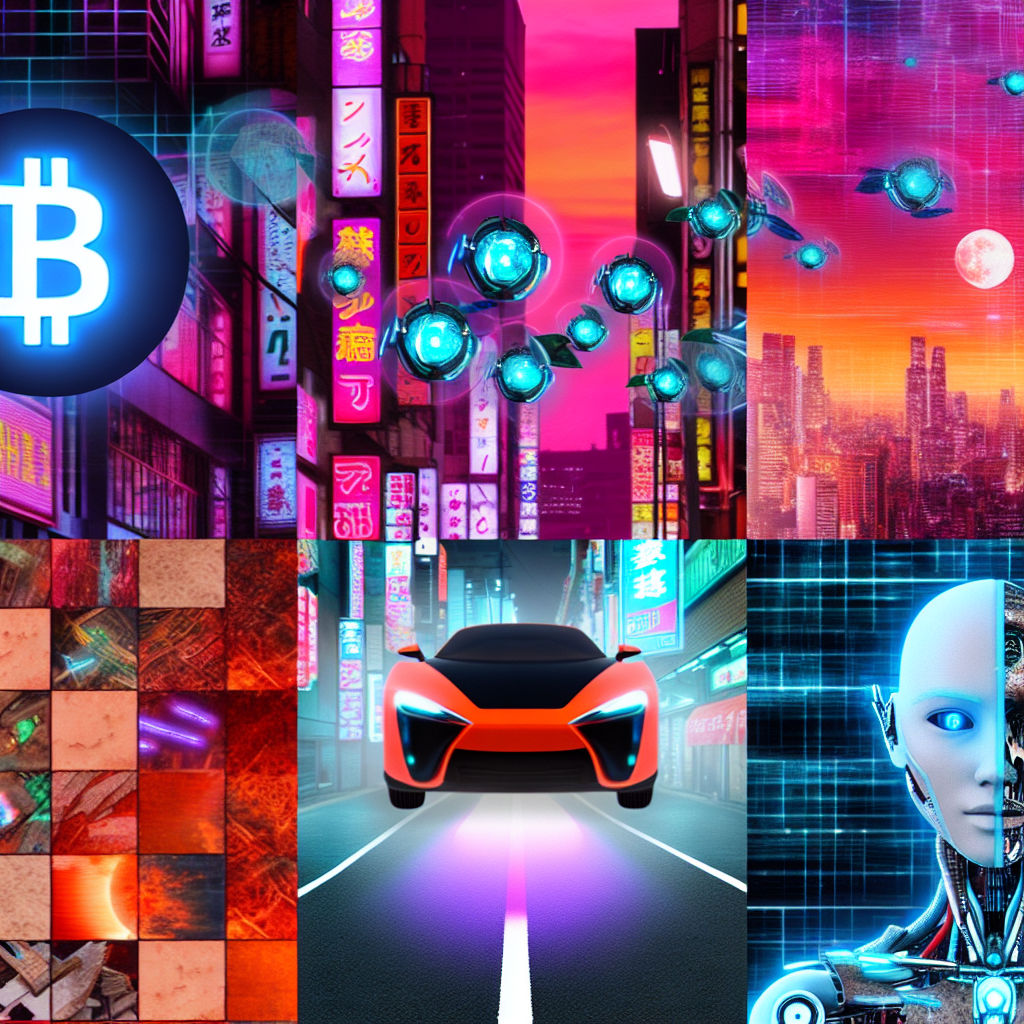The second-quarter earnings for 2024 have painted a rather bleak picture for the generative AI sector. Despite the initial euphoria and substantial investments, major technology firms are reporting less-than-stellar performances. This downturn suggests that both consumer and enterprise interest in generative AI tools, especially chatbots, may be waning. The phenomenon, often described as the ouroboros problem—where advancements in AI generate diminishing returns—seems to be rearing its head. The question remains: can money solve the problems plaguing the global AI sector?
When OpenAI introduced ChatGPT in November 2022, it felt like a groundbreaking moment for generative AI. The response from venture capitalists and tech giants was overwhelmingly positive, leading to massive financial commitments. However, fast forward to mid-2024, and even with the launch of GPT-4 and GPT-4o, OpenAI is reportedly grappling with operational losses.
Google’s latest chatbot, touted as the world’s smartest according to Chatbot Arena benchmarks, has outperformed advanced models like ChatGPT and Claude. Yet, the public’s reaction has been muted. This indifference is problematic for firms like OpenAI, xAI, and Anthropic, whose primary mission is to develop artificial general intelligence (AGI). Despite billions invested, there is no scientific consensus on what AGI truly is or whether it’s achievable. This uncertainty casts a shadow on the future of generative AI investments.
AGI represents a theoretical AI capable of performing any human cognitive task, given adequate resources. For companies focused solely on AGI, the challenge lies in creating products and services that Fortune 500 companies will rely on or finding ways to monetize consumer usage. Currently, most enterprise clients exploring generative AI do so with the expectation of an AI-powered future, but there’s little evidence that technologies like Grok or ChatGPT have become indispensable.
Measuring consumer interest in generative AI is challenging. Subscription services for major chatbot players exist, but their subscriber numbers pale in comparison to streaming services. Without a killer app for either business or consumers, generative AI remains more of a novelty as we move into the latter half of 2024.
The broader landscape of companies involved in generative AI, including Microsoft, Google, Apple, Meta, Nvidia, Amazon, and Tesla, also face the pressure of delivering on the promise of AGI. Unlike specialized firms, these tech giants can pivot away from generative AI if it doesn’t yield results. For instance, Amazon experienced a 9% drop in stock value after CEO Andy Jassy indicated a focus on AI products over immediate profits. This highlights a disconnect between tech executives and shareholders regarding the future of generative AI.
The critical question is whether the AI sector can recover from its current spending spree to break even or if major tech firms will abandon chatbots. Based on Q2’s earnings and market reactions—only Apple and Tesla have seen stock increases in the past month—the decision might ultimately rest with shareholders and investors. Unless someone succeeds in bringing an AGI model to market, the enthusiasm for generative AI could wane further.
In related news, the decentralized AI sector is gaining traction as more protocols collaborate, signaling a potential shift in focus away from traditional generative AI models.
As we navigate through 2024, the AI sector finds itself at a crossroads. The initial excitement surrounding generative AI has given way to a more cautious optimism. Investors and tech firms alike are now grappling with the reality that the road to AGI is fraught with challenges and uncertainties. The ouroboros problem, where advancements lead to diminishing returns, is a significant hurdle. However, it’s not insurmountable. The question remains whether the current trajectory will lead to a breakthrough or if it will force a reevaluation of priorities within the tech industry.
In conclusion, the second-quarter earnings report for 2024 serves as a wake-up call for the generative AI sector. Despite the initial promise and substantial investments, the reality is that consumer and enterprise interest is not as robust as anticipated. The future of generative AI, particularly chatbots, now hinges on the ability of tech firms to deliver tangible, monetizable products and services. The quest for AGI continues to be a driving force, but without clear evidence of its feasibility, the sector faces an uncertain future. As always, the tech world remains in a state of flux, and the coming months will be crucial in determining the direction of generative AI.


